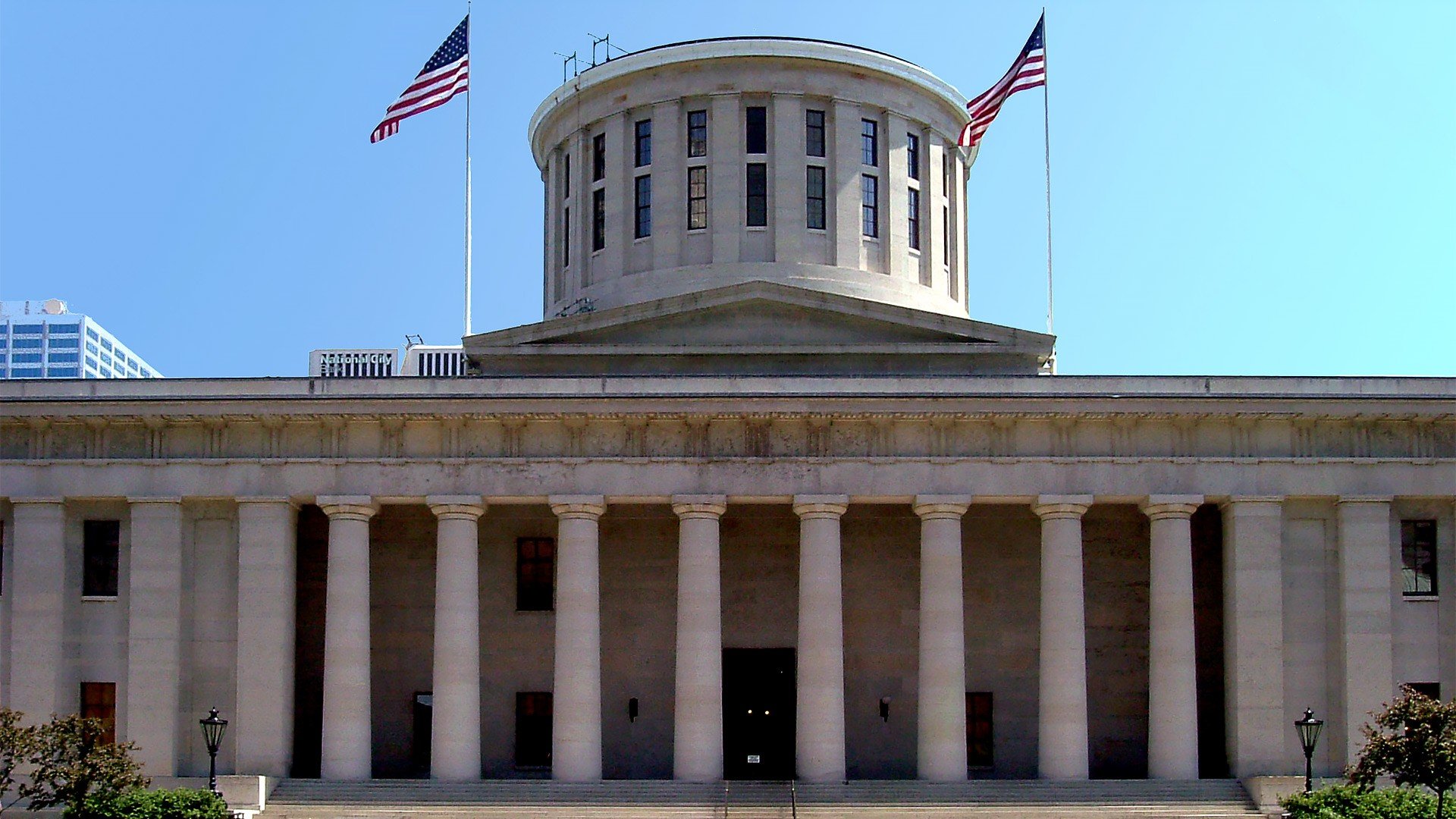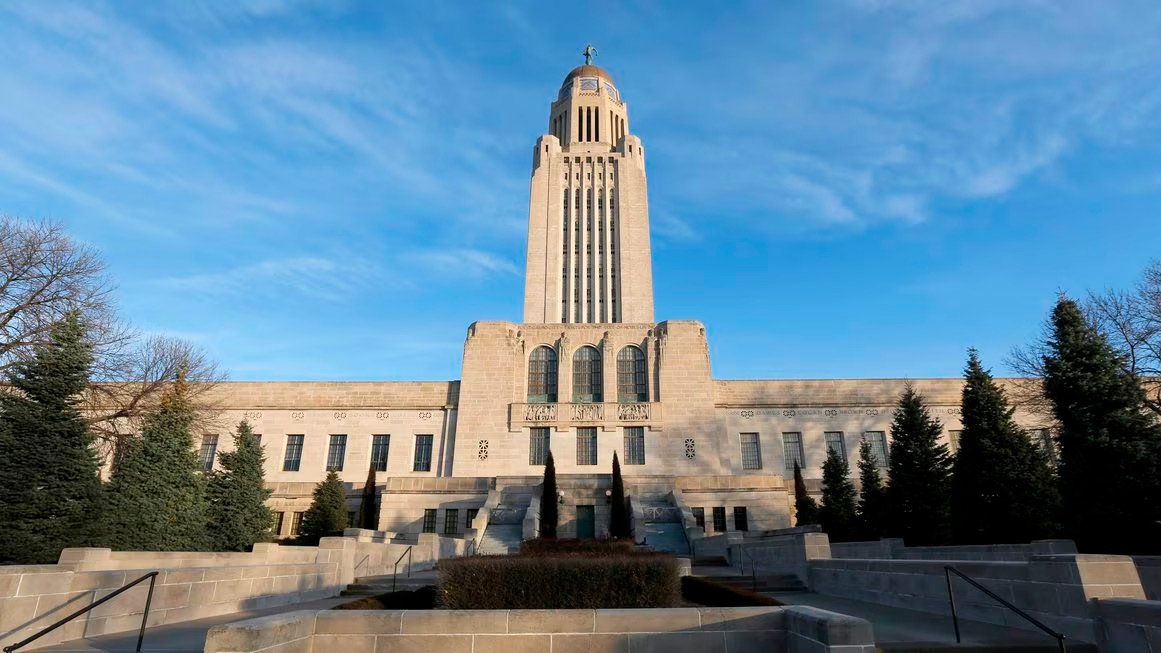Ohio online casino bill faces uphill battle ahead of lame-duck session

A new bill aimed at legalizing online casino games in Ohio, introduced by Senator Niraj Antani, is on the brink of legislative debate but faces significant hurdles as lawmakers gear up for a critical lame-duck session following the November elections.
Antani's Senate Bill 312, which was introduced in September, proposes a 15% tax rate on online gaming, 5% lower than the current 20% tax on online sports betting in the state. The bill also outlines the fee structure for operators, including a $100,000 application fee, a $300,000 licensing fee, and a $250,000 contribution to a problem gambling fund, bringing the total annual costs to over $500,000 for each operator.
With Antani in his final term and unable to sponsor the bill in 2025, lawmakers could address the bill during the upcoming lame-duck session, which will commence on November 13. Key dates in the legislative calendar include committee hearings on November 19, December 3, 10, and 17, with potential House sessions continuing into December.
If passed, the Ohio Casino Control Commission would regulate the new online casino industry, which Antani hopes will allow the state to participate in multi-state poker pools alongside other states such as Delaware, Michigan, and New Jersey.
While online sports betting has been legal in Ohio since January 2023, the push for online casinos has garnered mixed reactions. Despite some bipartisan support, concerns persist regarding the potential impact on brick-and-mortar establishments. Additionally, Governor Mike DeWine has expressed opposition to expanding gambling in the state.
As the clock ticks down, proponents of SB 312 face an uphill battle to secure discussion and approval in a tightly scheduled legislative session. The path forward remains uncertain, with the bill yet to be assigned to a committee and lacking co-sponsors.















































